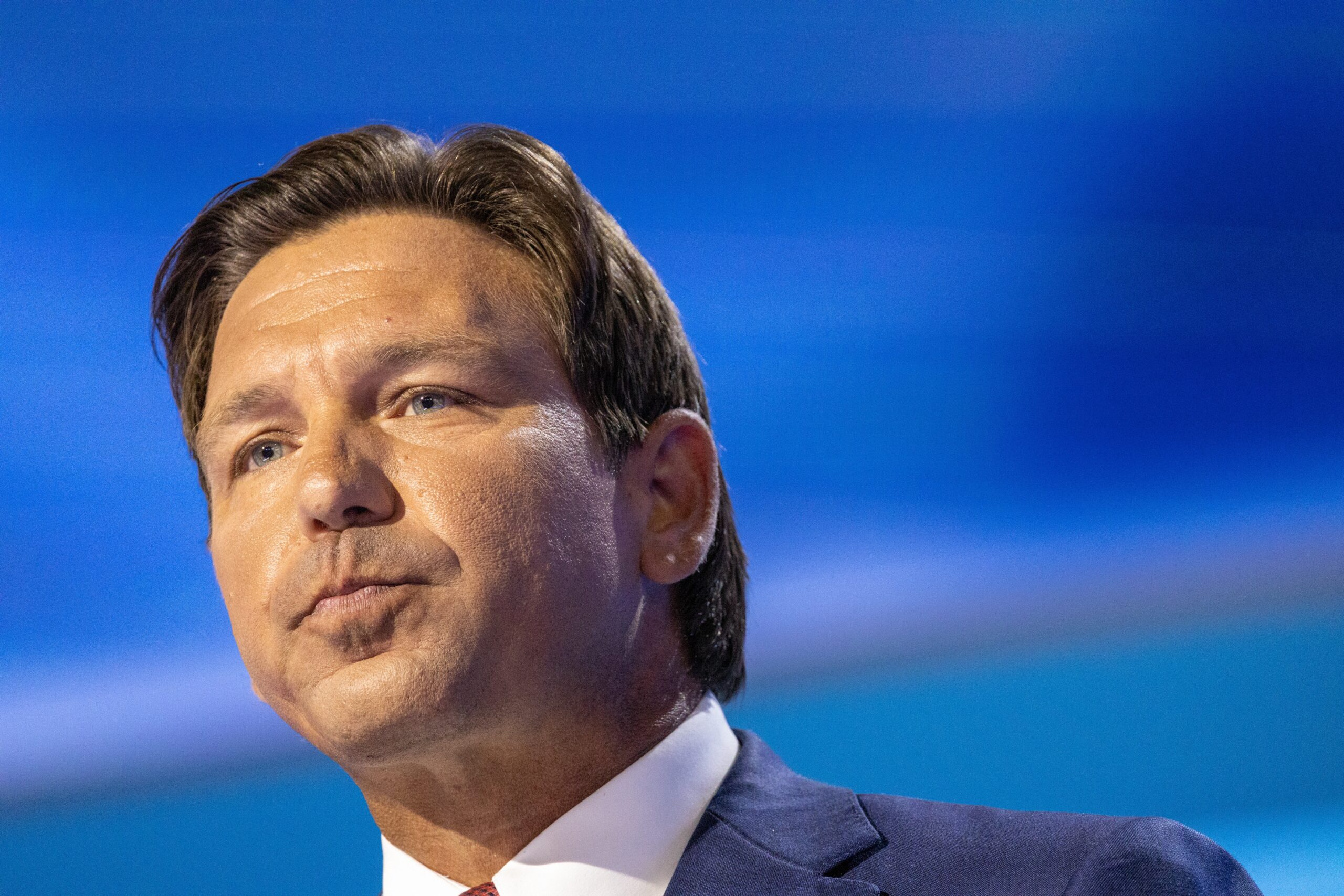Florida’s New Normal – MASSIVE Change!

Florida empowers over 100 Highway Patrol troopers as special federal deputies to enact immigration enforcement across the state, marking a new era of deportation policy that officials say will become “the new normal” nationwide.
At a Glance
- Over 100 Florida Highway Patrol troopers now serve as special deputy U.S. Marshals with authority to execute federal immigration warrants
- Operation Tidal Wave recently detained more than 1,000 migrants in Florida over a five-day period
- Florida officials have presented a 37-page “blueprint” for mass deportation that federal authorities plan to implement nationwide
- Florida has committed state resources to assist with transportation and detention capacity for deportation efforts
- Governor Ron DeSantis is positioning Florida as the national leader in state-level immigration enforcement
Florida Takes Lead in Immigration Enforcement
Governor Ron DeSantis has launched an aggressive new phase in Florida’s immigration enforcement strategy by swearing in over 100 Florida Highway Patrol (FHP) troopers as special deputy U.S. Marshals.
This designation grants these state officers federal authority to execute immigration warrants and conduct enforcement operations without direct federal supervision. These empowered troopers can now enter homes or other premises to apprehend individuals with outstanding federal immigration warrants, significantly expanding the state’s enforcement capabilities.
The move follows the success of Operation Tidal Wave, a collaborative effort between Florida law enforcement agencies, U.S. Immigration and Customs Enforcement (ICE), and the Department of Homeland Security. This operation resulted in the detention of over 1,000 migrants in Florida during a five-day period, targeting high-immigrant population areas in Miami-Dade, Broward counties, and several other Florida cities.
Florida’s Blueprint for National Deportation Efforts
Larry Keefe, Florida’s public safety czar, has presented a 37-page “Florida blueprint” for mass deportation that federal officials describe as “strikingly similar” to nationwide plans. According to Keefe, “The techniques, the methods… will be the standard that our brother and sister states apply in the effort.” This blueprint outlines strategies that the federal government intends to implement across the country within the next 60 days.
Florida Department of Highway Safety and Motor Vehicles Director Dave Kerner emphasized that illegal immigrants now face a heightened risk of apprehension in Florida. The state has offered federal assistance for transporting illegal aliens out of the country and has called for increased detention space to facilitate immigration enforcement operations. Florida’s enhanced enforcement capability includes 1,800 Florida Highway Patrol troopers with 287(g) enforcement authority.
Aligned with Federal Deportation Plans
Florida’s enforcement strategy aligns with President Donald Trump’s “Project Homecoming” proclamation, which encourages voluntary departure while warning of deportation for those who remain illegally. The federal plan includes increasing enforcement personnel by 20,000 officers through deputizing and contracting with various law enforcement agencies nationwide. Florida’s approach serves as a model for this expanded federal effort.
“There may be a lot of somersaults along the way by some of these guys; there may be some gnashing of teeth for some people in the process, but I imagine we’re going to land basically where we need to land as a state,” said Governor Ron DeSantis regarding the implementation of these measures.
State-Federal Cooperation Model
Florida has positioned itself as a leader in state-level immigration enforcement, with FHP officers already involved in over 1,020 arrests of immigrants in the country illegally. Governor DeSantis has urged other states to increase their enforcement efforts, pointing to Florida’s success as evidence that state-level action can effectively supplement federal immigration enforcement. The number of Florida troopers designated as special deputy U.S. Marshals will remain constant to comply with U.S. Marshals’ requirements.
DeSantis claims Florida is unique in implementing such comprehensive measures. The state’s proactive approach leverages both its own resources and federal partnerships through 287(g) agreements, which allow state and local officers to perform immigration law enforcement functions. This cooperation model is expected to serve as a template for other states as federal authorities roll out nationwide deportation plans in the coming months.












